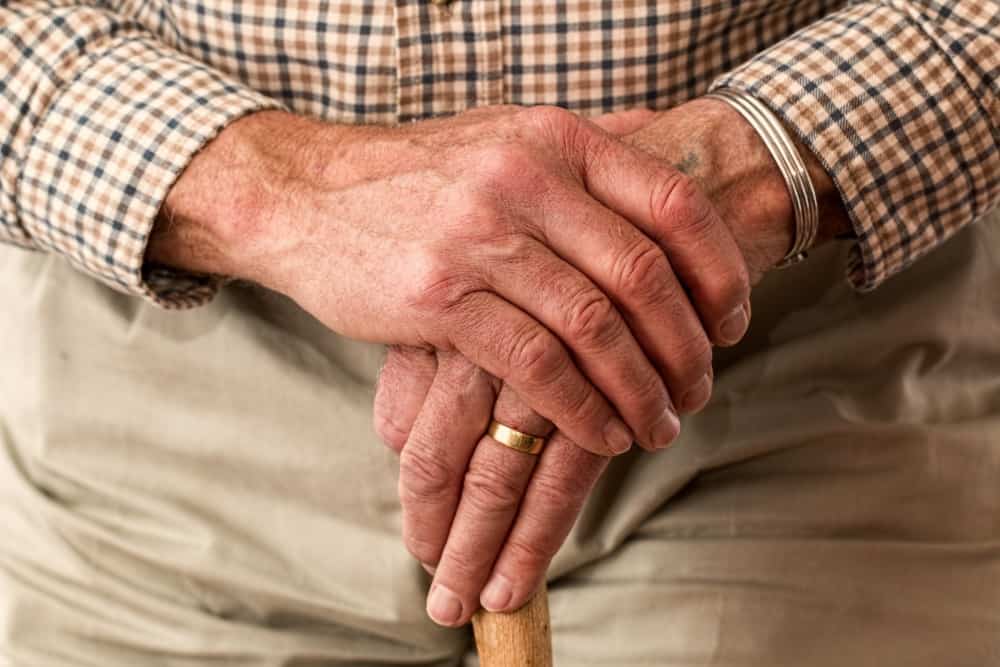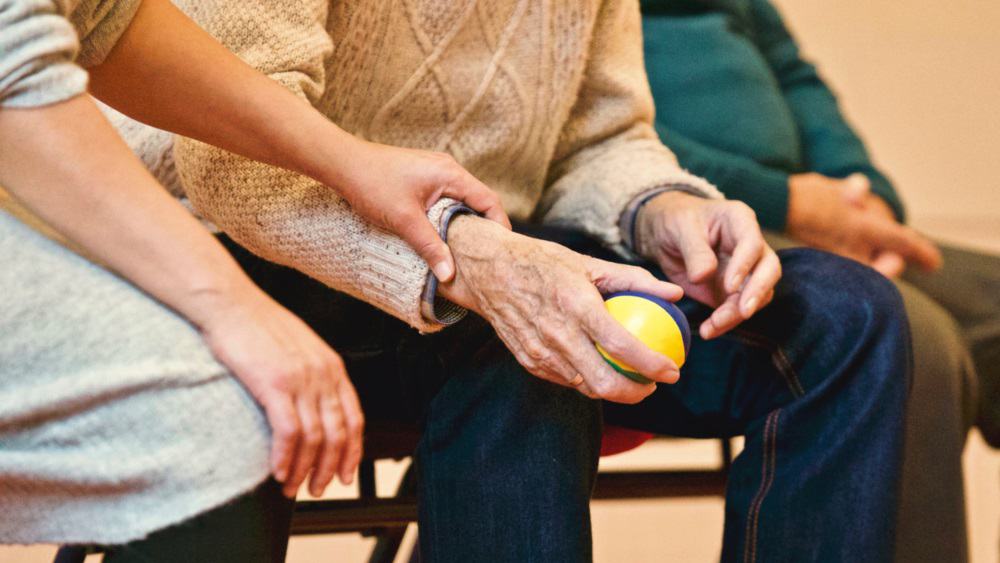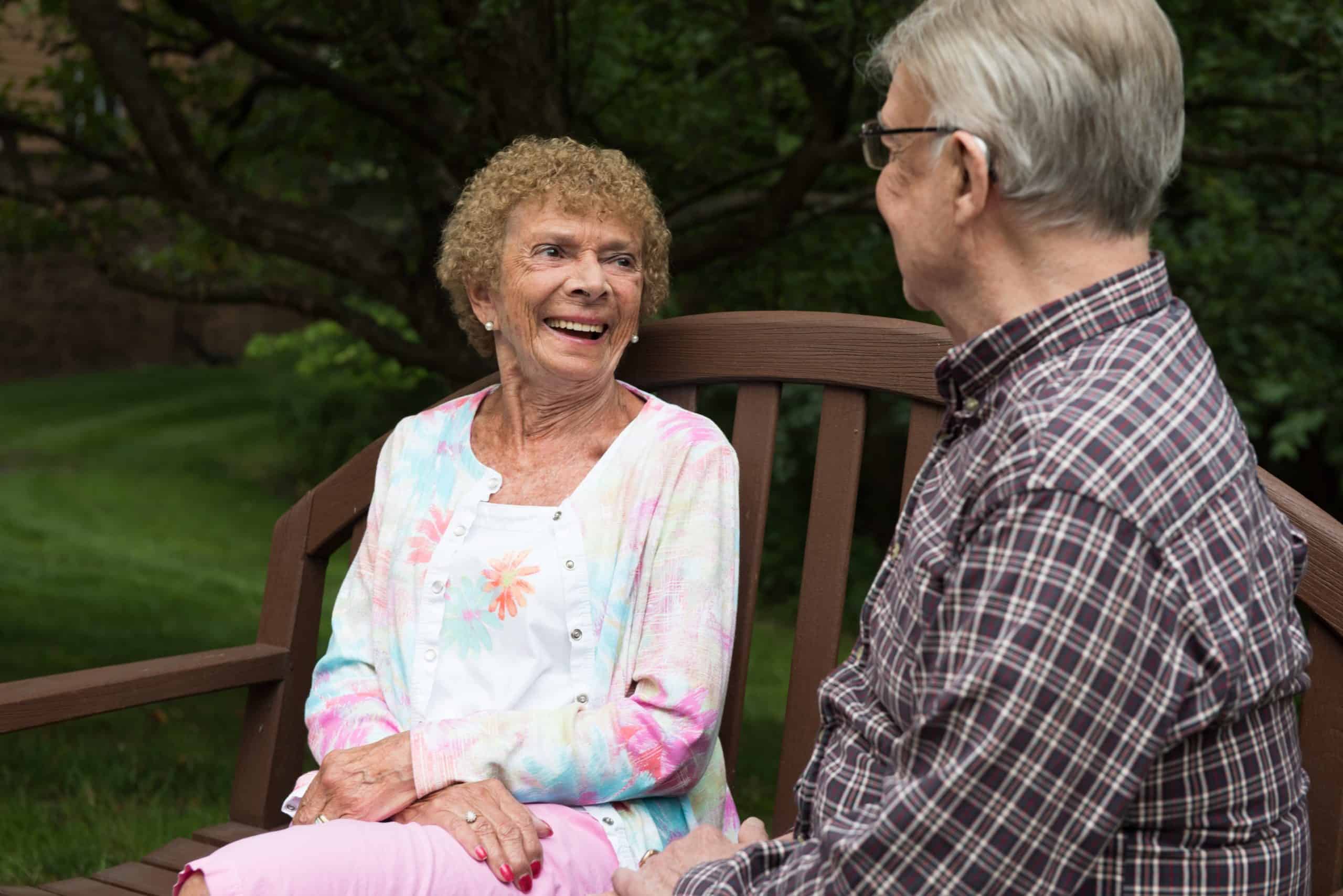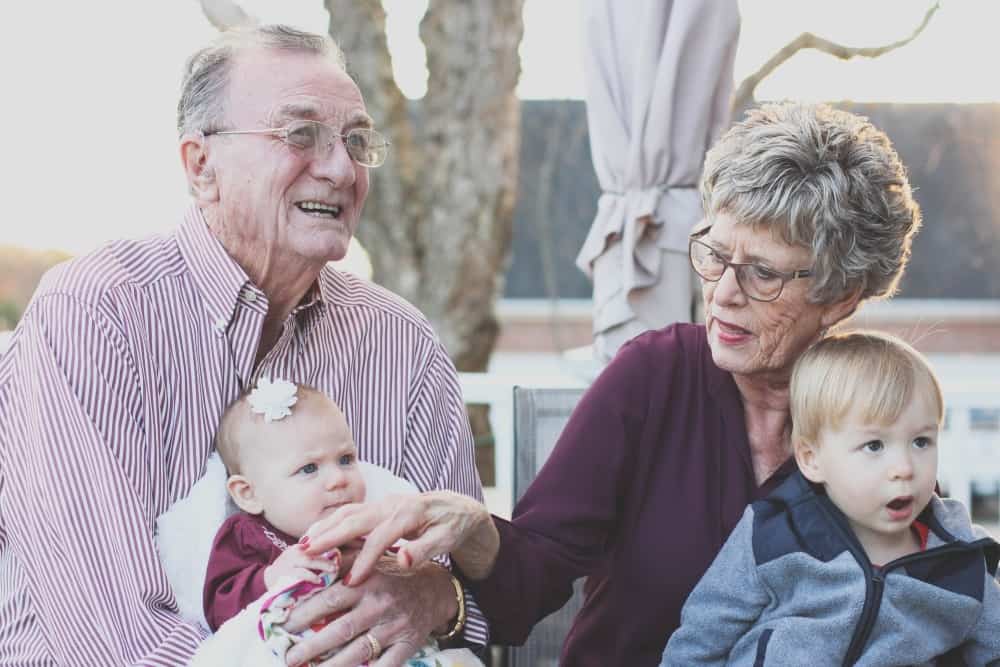A guide to the challenges (and rewards) ahead
These tips come to you from Cindy Swanson, a personal advisor for clients of Fairview’s Caregiver Assurance program, which is part of our Ebenezer family.
- The situation could be more demanding than you thought.
Your husband or wife’s need for help has probably been coming on gradually, as they’ve become less capable of managing the demands of daily life–like keeping up the house or taking care of basic things like their hygiene.
It may be hard for them to admit to you they can’t do what they used to. So be prepared, once you’ve committed to caregiving, to discover that they may have let things go more than you knew.
- You may need to set some realistic boundaries.
Especially if you’re still working, volunteering or have other obligations, you may find yourself spread a little thin. Set a boundary of where you’re not willing to budge and when you yourself will get professional care support for your spouse.
“There’s a point where you become resentful of having to do that,” Cindy says. “You need to figure out how much you can do without creating negativity in your life.”
- Your spouse’s new situation may reignite old tensions.
What’s happening with your husband or wife in their later years is emotional enough, but coming to a consensus about what to do can be rough on the dynamics of the family with your children or other relatives.
Cindy describes a typical scenario: “We all know how our family operates. There’s nothing really happening, but there may be underlying tensions that naturally exist. Maybe the oldest son sees the younger son as always getting away with things he can’t. What happens under stress or in crisis is those things blossom.”
Even if you agree to be the caregiver at the start, you may end up feeling like you don’t have enough help or that your own health is deteriorating. Know when to ask for support.
Cindy or one of our other Caregiver Assurance advisors can help you manage a family conference to work through some of those issues.
- Caregiving can take a toll on your work or social life
Cindy knows a thing or two about that. Not only has she helped coach people through this, but she has firsthand experience. She helped take care of her parents and her husband’s parents.
“What happens is, you spend your whole lunch hour calling people, then you go back to work and you’re waiting for those callbacks. If you’re trying to get your daily tasks done and make calls for your spouse, your 8 to 5 typical schedule might become 8 to 7. Or you say, ‘I’ll do it later,’ and you’re sitting there doing something you planned on doing at 4 PM late at night. How much sleep do you get?”
- You’ll need to learn things you never needed to know before.
You may not even know how often a person should get a colonoscopy or how often they should be checking in with their physician. Adult day care may be a complete mystery to you. And you maybe haven’t spent a lot of time investigating how and when my loved one will need professional care. “You’re going to run into a whole lot of things you’ve never dealt with before,” Cindy says. “Things that even a college-educated person is going to have difficulty with: Looking at your financial situation and how to deal with that. Finding financial planners or attorneys, somebody who understands elder law. That’s why you’d connect with a program like us. I know some things myself, and I know several reputable firms in the Twin Cities.”
- You’re a giver, so beware of neglecting yourself.
People who take on the role of caring for a spouse may naturally be the type of person who thinks of everyone else’s needs before their own and bears a lot of guilt. But that can last only so long before your own health becomes the real trouble.
Cindy paints a picture of caregiving life as two glasses and a pitcher of water: “You keep your spouse’s glass of water full, but where’s the pitcher for you? You keep pouring into your loved one’s glass, and pretty soon the pitcher’s empty.”
Keeping your own glass full is something the personal advisors at Caregiver Assurance can help with.
“There was a time when it wasn’t accepted that you would put yourself first,” Cindy says. “It’s not about putting yourself first, but doing your caregiving AND knowing how to take care of yourself.”
- Caring for a spouse may be the most rewarding thing you’ll ever do.
That reward could be as simple as spending more quality time with your spouse and learning more about what is truly important to them in life. It can be the peace of mind knowing that they’re safer when you’re with them every day. It can be giving back to your spouse, who has given so much to you.
No matter how frustrating or rewarding it is to be a spousal caregiver, you don’t have to do it alone.
“There isn’t a classroom you can go to and learn all of this,” Cindy says. “Whatever the journey is, there’s help. If you have to make a right turn, there are people who are able to help you along. That’s what we’re trying to do here at Caregiver Assurance.”
Fairview Caregiver Assurance
For more information call 612-672-CARE (2273) to speak with one of our Caregiver Advisors.













